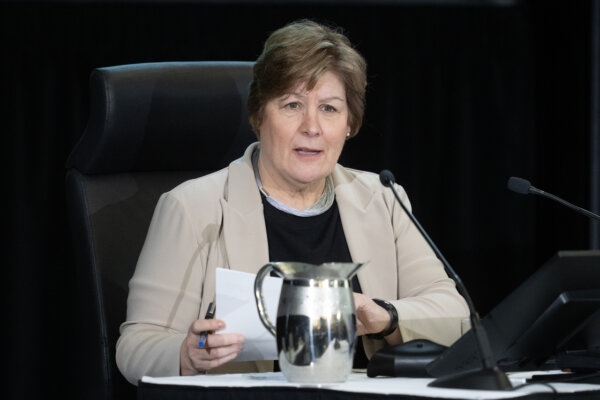Will Anyone be Held Accountable for Allowing Foreign Interference in Elections After the Inquiry?

Following the public inquiry into election interference, who will take responsibility and fall on their sword?
The practice of “harakiri,” or “seppuku,” is a familiar concept from Japanese samurai culture, symbolizing a soldier’s ritual suicide to atone for mistakes. Today, it is used to describe the resignation of high-ranking officials taking accountability for errors. The recent example is Major-General Aharon Haliva, head of intelligence in the Israeli Defence Forces, who stepped down after his team’s failure to prevent a Hamas attack in southern Israel last year.
The incident was deemed an “intelligence failure,” but in reality, the information was available but disregarded by superiors. This emphasizes the importance of assigning blame accurately. In contrast, the ongoing public inquiry into foreign interference in Canadian elections lacks individuals willing to accept responsibility for their actions.
Despite warnings and evidence of meddling by the People’s Republic of China, key figures like the former governor general, prime minister, and chief elections officer have downplayed the issue. The lack of accountability raises concerns about the integrity of the democratic process.
While no one seems willing to fall on their sword in Canada, the director of CSIS has demonstrated leadership by standing up for his team. True accountability and leadership are essential in times of crisis.
In contrast to Israel, where a leader took responsibility for a failure, the Canadian situation lacks a clear leader willing to do the same. Finger-pointing and deflection of blame only add to the confusion and lack of accountability in addressing election interference.
It is crucial for those in positions of power to take ownership of mistakes and provide leadership for their teams. Unfortunately, this seems to be lacking in the current political landscape. The absence of true accountability is a cause for concern and highlights the need for stronger leadership in times of crisis.
Views expressed in this article are opinions of the author and do not necessarily reflect the views of The Epoch Times.



